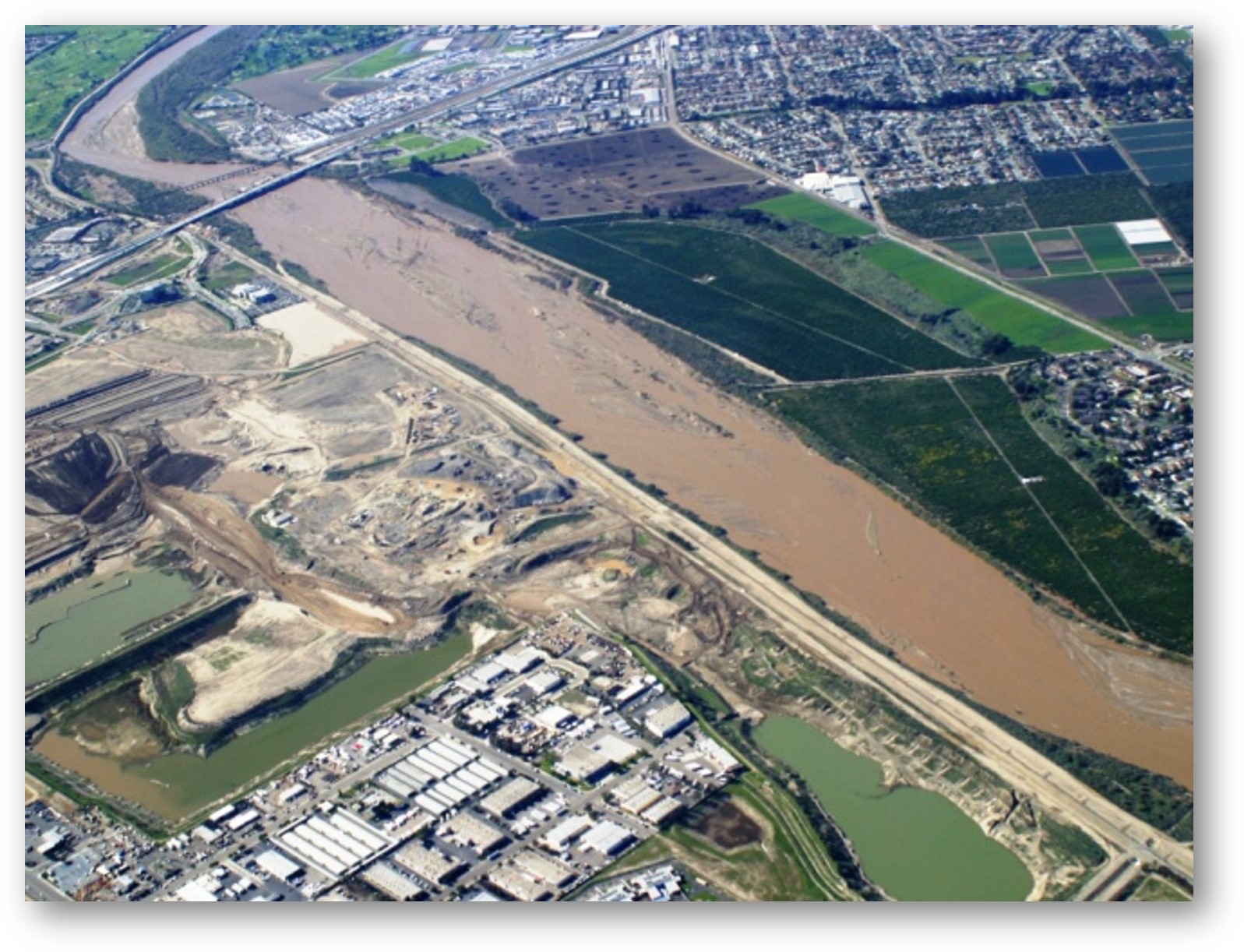Tuesday 11 September 2018, 3:30-5pm, Rm 223 Moses Hall, UC Berkeley
The term ‘Anthropocene’ is proposed for our current epoch, in which the role of human activity is beginning to exceed that of natural forces in shaping the earth’s surface. Rivers are now adjusting their morphology from the cumulative impact of many drivers for change operating at multiple spatial and temporal scales: changing land uses, instream aggregate mining, channelization, bank protection and dam construction, alongside changing flood and flow regimes. In response, river channels have narrowed, incised into their beds, reduced their lateral activity, and frequently changed from multi-thread to single-thread channel patterns. Integrative analyses of these multiple causes and effects were impractical until recent improvements in digital technologies and data availability. Synthesis of prior cumulative impact studies and a GIS-based analysis of newly available digital data demonstrate that river systems (in both the Old World and New) became significantly simplified, more static, and more homogenous over the 20th century, with important implications for river ecosystems and the benefits provided to human populations.

The Santa Clara River flows through a complex floodplain landscape in Southern California.
Peter Downs is an Associate Professor of Physical Geography at the University of Plymouth, UK. Previously at the University of Nottingham, Peter also spent ten years in interdisciplinary professional practice in the Bay Area which continues to guide his research interests in fluvial geomorphology, river restoration, and science and policy in river basin management. Recent projects have involved the development of a process-based sediment budget, investigating the coarse sediment dynamics in upland channels, and passive monitoring of coarse sediment fluxes using seismic impact plates. In each case, research is stimulated by a distinct practical challenge. The topic of this seminar stems from a EURIAS Senior Fellowship (2016-17), spent at the Collegium de Lyon Institute for Advanced Studies, initiating research into the cumulative impact of human activities and natural factors in determining the evolution of river channels during the late Anthropocene.
This seminar is presented as part of the interdisciplinary faculty seminar series Water Management: Past and Future Adaptation of the UC Berkeley Institute of International Studies.